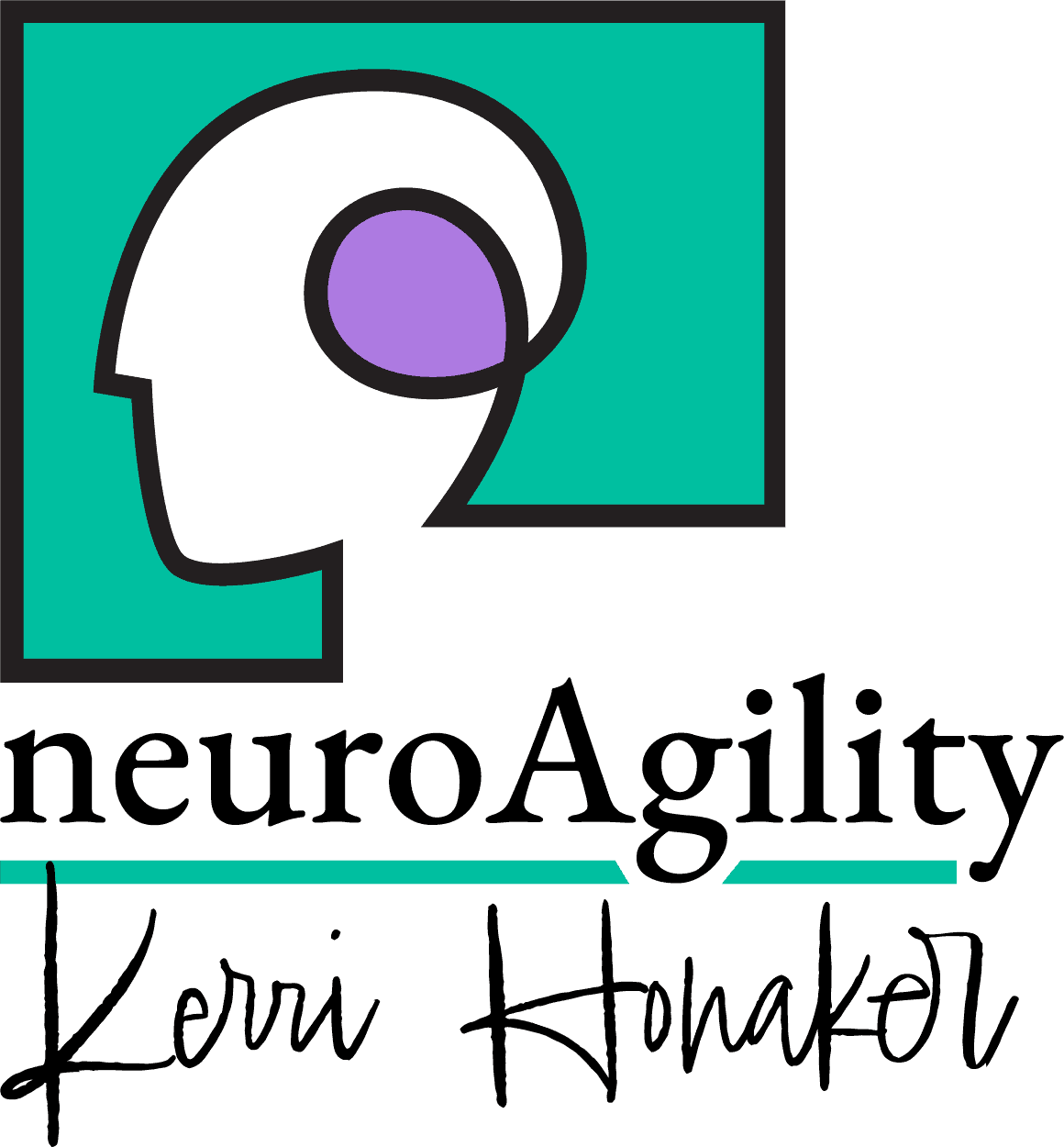Neurofeedback News
-
Eliminating the stigma of napping at work
Naps are actually a performance enhancer. Studies have shown that a nap in the morning can boost creative thinking, while afternoon naps can help people feel better physically. Full Article: Huffington Post, “Arianna: Office Nap Rooms Will Soon Be As Common As Conference Rooms”
-
For Vulnerable Teenagers, A Web of Support
An example of volunteer community support around under performing students in public high schools that achieves results which defy all expectations. Full Article: The New York Times, “For Vulnerable Teenagers, A Web of Support”
-
How Meditation Changes the Brain and Body
Follow-up brain scans in a study of those who underwent mindfulness meditation showed that there was more activity, or communication, among the portions of their brains that process stress-related reactions and other areas related to focus and calm. Full Article: The New York Times, “How Meditation Changes the Brain and Body”
-
Early Behavior Therapy Found to Aid Children With A.D.H.D.
Children with attention-deficit problems improve faster when the first treatment they receive is behavioral rather than starting immediately on medication. Full Article: The New York Times, “Early Behavior Therapy to Aid Children With ADHD”
-
The Health Benefits of Knitting
Research suggests that crafts like knitting and crocheting may help to stave off a decline in brain function with age. The study, published in the Journal of Neuropsychiatry & Clinical Neurosciences, found that those who engaged in crafts like knitting and crocheting had a diminished chance of developing mild cognitive impairment and memory loss. Full…
-
Brain Train Bicycle
This video clip highlights a fun experiment with a unique bicycle that results in a great brain challenge! Video Clip: Smarter Every Day “The Backwards Brain Bicycle”
-
The Fourth Industrial Revolution Meets the Sleep Revolution
The conversations at Davos this year are a blueprint for a wider definition of success, one that recognizes that in our quest for a competitive edge and enhanced performance, we actually stand to gain from putting our humanity, well-being, and sense of purpose at the center. Full Article: Huffington Post, “The Fourth Industrial Revolution Meets…
-
Brain Training for Anxiety, Depression and Other Mental Conditions
Not everyone responds to current treatments like antidepressant medication and talk therapy. There is an urgent need for new approaches for psychiatric disorders, particularly anxiety and depression. Neurofeedback uses real-time scans to show patients how their brains go awry—and how to fix the dysfunction. Full Article: The Wall Street Journal, “Brain Training for Anxiety, Depression…
-
Can’t Focus? It Might Be Undiagnosed Adult ADHD
More and more adult patients who are concerned about dementia, actually have ADHD. For adults, the problem is not disruptive behavior or keeping up in school. It’s an inability to focus, which can mean inconsistency, being late to meetings or just having problems managing day-to-day tasks. Full Article: NPR, “Can’t Focus? It Might Be Undiagnosed…
-
Maybe We’re Thinking About ADHD All Wrong
Researchers are currently debating the nature of ADHD. They have found some genetic markers for it, but the recent rise in diagnoses is too swift to be explained by changes in our genes. Full Article: NPR, “We’re Thinking About ADHD All Wrong, Says A Top Pediatrician”
